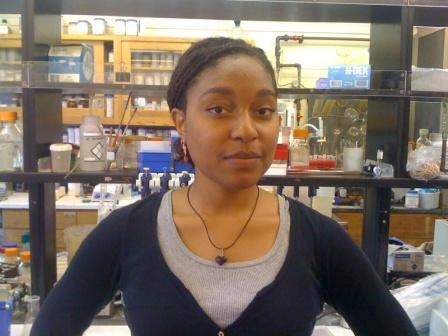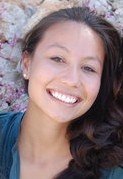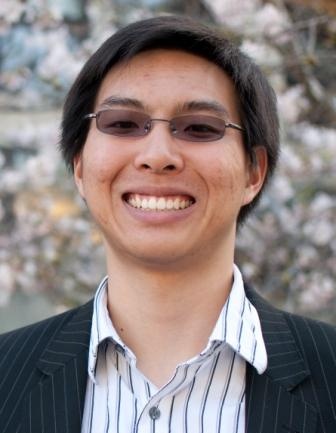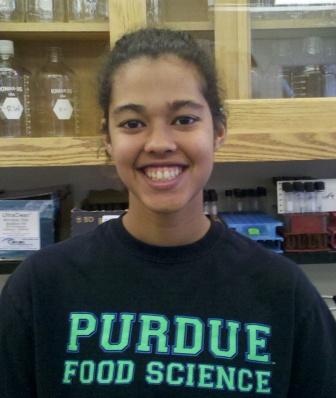...
| Panel |
|---|
The Cornell Food Science Summer Scholars Program is scheduled to start in 2012 (i.e., project year 2). However, activities have been initiated at different participating institutions in 2011. Undergraduate students interested in conducting summer research in food safety in the summer of 2012 should contact Dr. Martin Wiedmann <mw16@cornell.edu> for further information or should check the WWW the web page for the Cornell Food Science Summer Scholars Program for details on how to apply to this summer program. |
...
| Panel |
|---|
Five undergraduate students with specific interests in food safety participating in the 2011 Cornell Summer Undergraduate Research Program, including one undergraduate student each from North Carolina A&T State University, Purdue University, UC Berkely, MIT, and Cornell. Michelle Adams, an undergraduate majoring in Biology at Cornell University, was a summer scholar in the Worobo lab at Cornell. Her research focused on bacteriocin resistance in Enterococcus mundtii. E. mundtii produces bacteriocins that have the potential to significantly reduce the presence of pathogens, such as Listeria monocytogenes, in ready-to-eat foods. Jean Fang, an undergraduate majoring in Chemical-Biological Engineering at MIT, was a summer scholar in the Moraru lab at Cornell. Her research focused on the effects of nanoscale surface topography on the attachment behavior of Listeria innocua to alumina and silica substrates. Fritz Foo, an undergraduate majoring in Molecular Environmental Biology at UC Berkley, was a summer scholar in the Wiedmann lab at Cornell. His research focused on molecular and phenotypic characterization of Salmoenlla Salmonella Enteritidis isolates obtained from human disesae outbreaks and cases, with a focus on comparing growth trends and PFGE profiles. Brittany Miller, an undergraduate majoring in Food Science at Cornell, was a summer scholar in the Moraru lab at Cornell. Her research focused on inactivation of E. coli in milk and concentrated milk using Pulsed light treatment. Carmen Wickware, an undergraduate majoring in Food Science at Purdue University, was a summer scholar in the Worobo lab at Cornell. Her research focused on charactziation characterization of Alicylobacillus isolates and their behaviour behavior in juice and other beverages. Jessica Wooten, an undergraduate majoring in Food and Nutritional Sciences at NC A&T State University, was a summer scholar in the Wiedmann lab at Cornell. Her research focused on phylogenetic analysis of shiga-toxin producing E. coli isolates from beef cattle farms and natural environments. Shiga Toxin-Producing E. coli are bacterial pathogens that result in both outbreak and sporadic occurrences of human mortality and disease. Shiga Toxin-Producing E. coli can cause hemorrhagic colitis and the life threatening hemolytic-uremic syndrome (HUS) in humans. E. coli 0157:H7 has been recognized as a major cause of hemorrhagic colitis and HUS but many non-O157 STEC can also cause these illnesses. My project goals were 1) to examine STEC from beef cattle pastures and pristine environments to find differences in genes that could show how they are related; 2) to analyze soil and water from these environments to determine if they are reservoirs for E. coli; 3) to examine if genes are moving between environments. |
...



